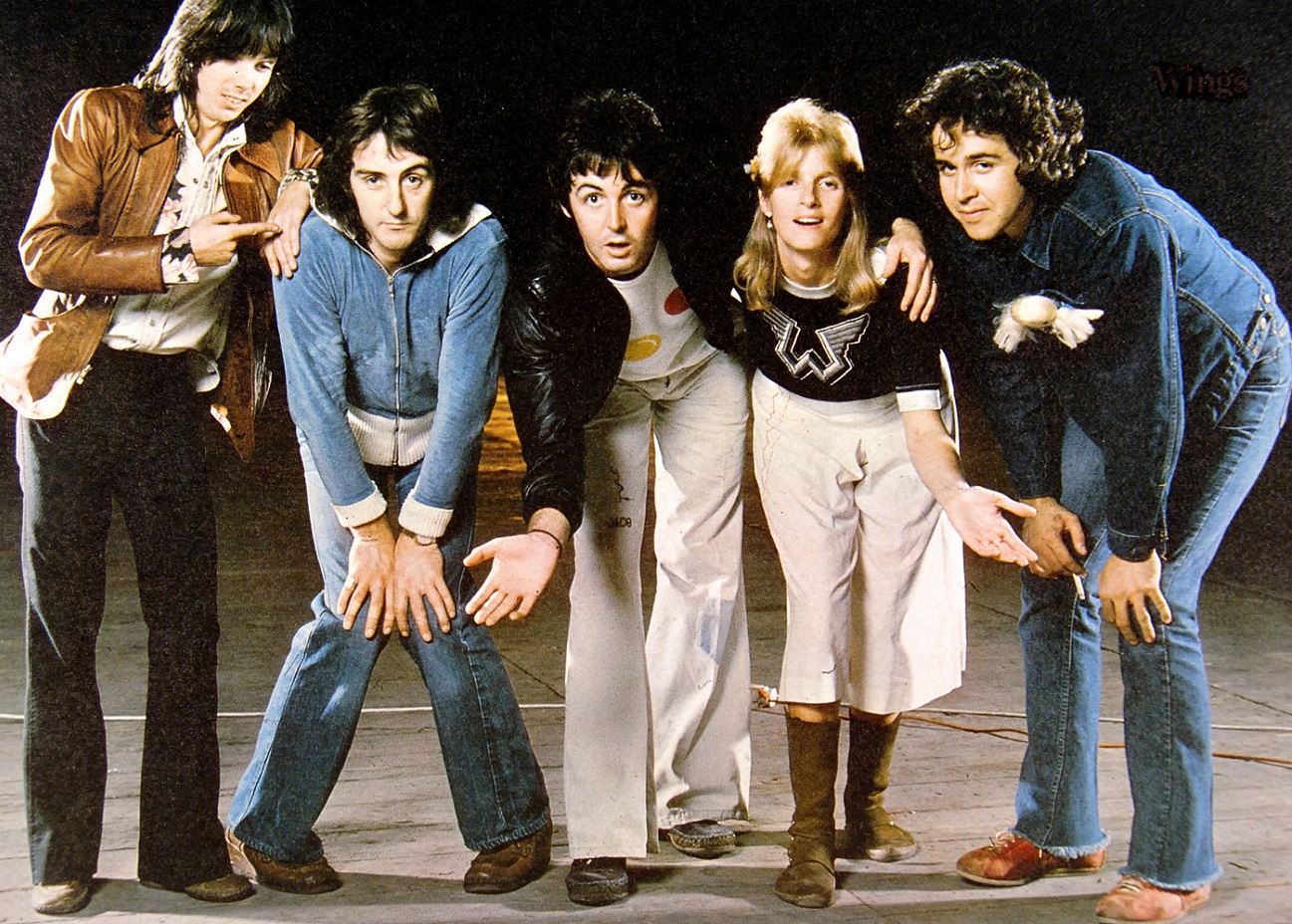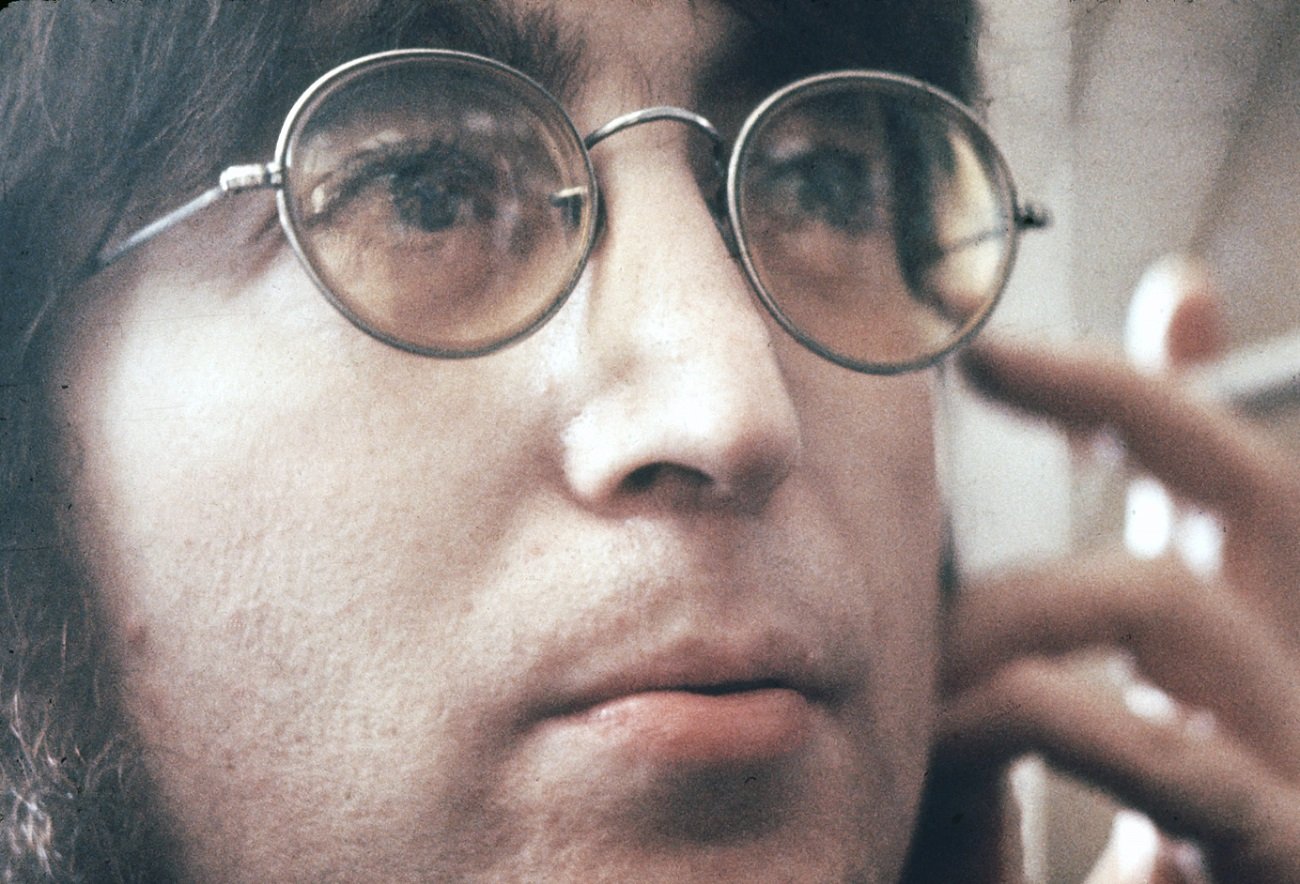John Lennon and Paul McCartney Both Took Stabs at Reggae in the ’70s
If you were a fan of Jamaican giants Toots Hibbert and Bob Marley, the idea of British pop stars recording reggae songs might have terrified you. Did the world need that ’74 Eric Clapton cover of “I Shot the Sheriff”? Clapton thought so. The former members of The Beatles also went there in the ’70s.
That wouldn’t have come as a complete surprise to fans of the Fab Four. After all, The Beatles took their first stab at Jamaican music way back on 1964’s “I Call Your Name.” On that track, you hear the band shift into a ska beat in the middle eight bars.
Island sounds crept into the band’s music again on The White Album (1968). On that record, McCartney developed “Ob-La-Di, Ob-La-Da” with a rocksteady beat. (While the recording reportedly bugged Lennon to no end, it wasn’t the groove that annoyed him.)
After the Beatles’ breakup, Toots & The Maytals and Marley & The Wailers broke internationally with their reggae sounds. And Lennon and McCartney took a stab at the music in their ’70s solo work. In both Lennon’s and McCartney’s cases, these dives into reggae predated that of Clapton.
Paul McCartney recorded reggae tracks with Wings and on his own in the ’70s

McCartney fans didn’t have to wait long to hear Macca’s take on reggae. On Wild Life (1971), the first LP by his band Wings, the group tackled the genre with its version of the ’57 hit “Love Is Strange.” It may be on the light side, but as with most of McCartney’s solo work it’s catchy.
McCartney thought highly enough the song that he planned to release it as a single from Wild Life. However, those plans got scratched when the album didn’t sell well. Wings didn’t let that setback stop them from getting the group’s take on reggae to a wider audience.
In 1972, the band released “C Moon” and “Hi, Hi, Hi” as a double A-side single. And since the BBC slapped “Hi, Hi, Hi” with a ban, the Wings’ original reggae track “C Moon” got more airplay in England.
McCartney kept the reggae coming. In 1979, after he’d gone solo again, McCartney recorded the holiday staple “Wonderful Christmastime.” That single featured “Rudolph the Red-Nosed Reggae” on the B-side.
John Lennon dropped reggae into the middle of ‘Mind Games’

In 1973, Lennon recorded and released Mind Games, an album that didn’t have the success of Imagine (1971) or Walls and Bridges (1974). However, it’s still an essential LP in the Lennon canon, and the title track (the lead single) is a big reason for that.
After Lennon lays out the verse and chorus, you notice him shift gears for the middle section. He takes listeners back a-ways, singing, “Love is the answer. And you know that for sure.” Behind him, you hear the guitar strumming in the reggae style.
Lennon acknowledged that in a 1980 interview (via Rolling Stone). “The middle eight is reggae,” he said. “Trying to explain to American musicians what reggae was in 1973 was pretty hard, but it’s basically a reggae middle eight if you listen to it.” Lennon’s band may not have understood it, but the finished product is convincing enough.


